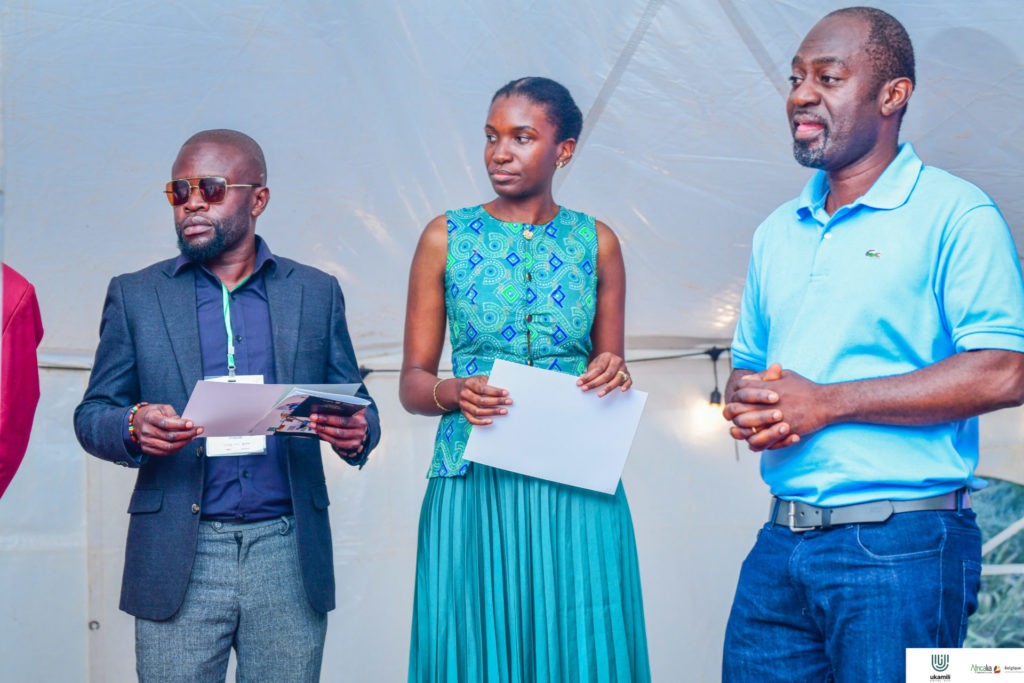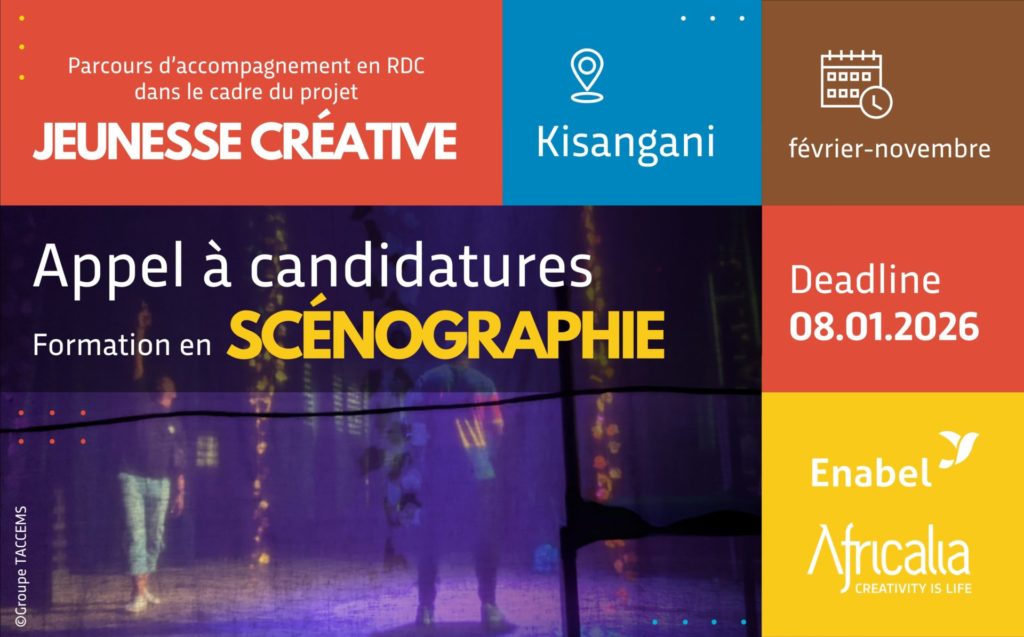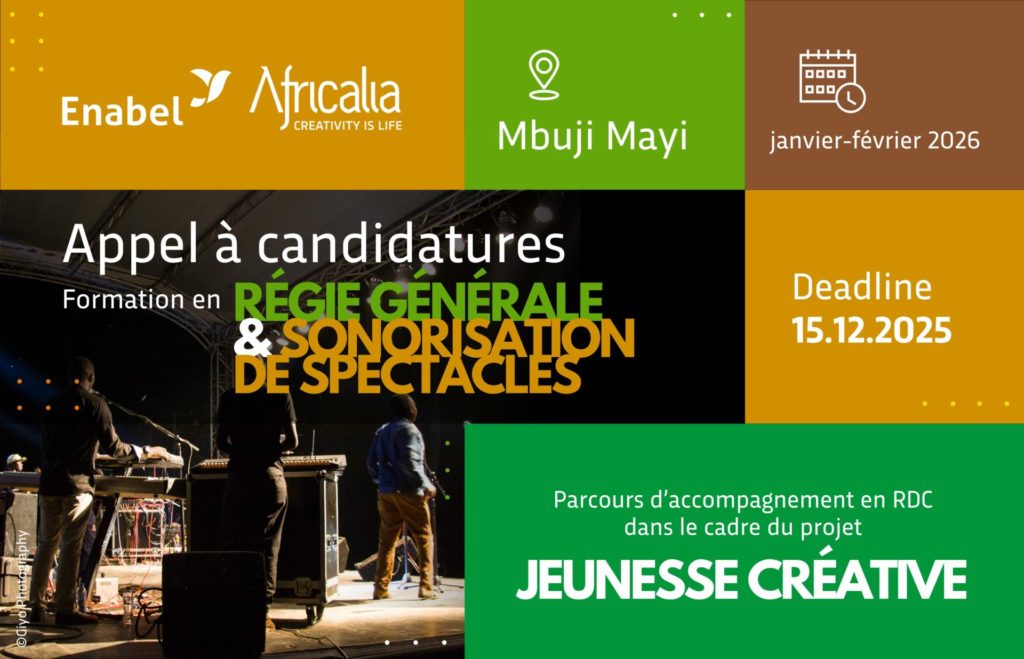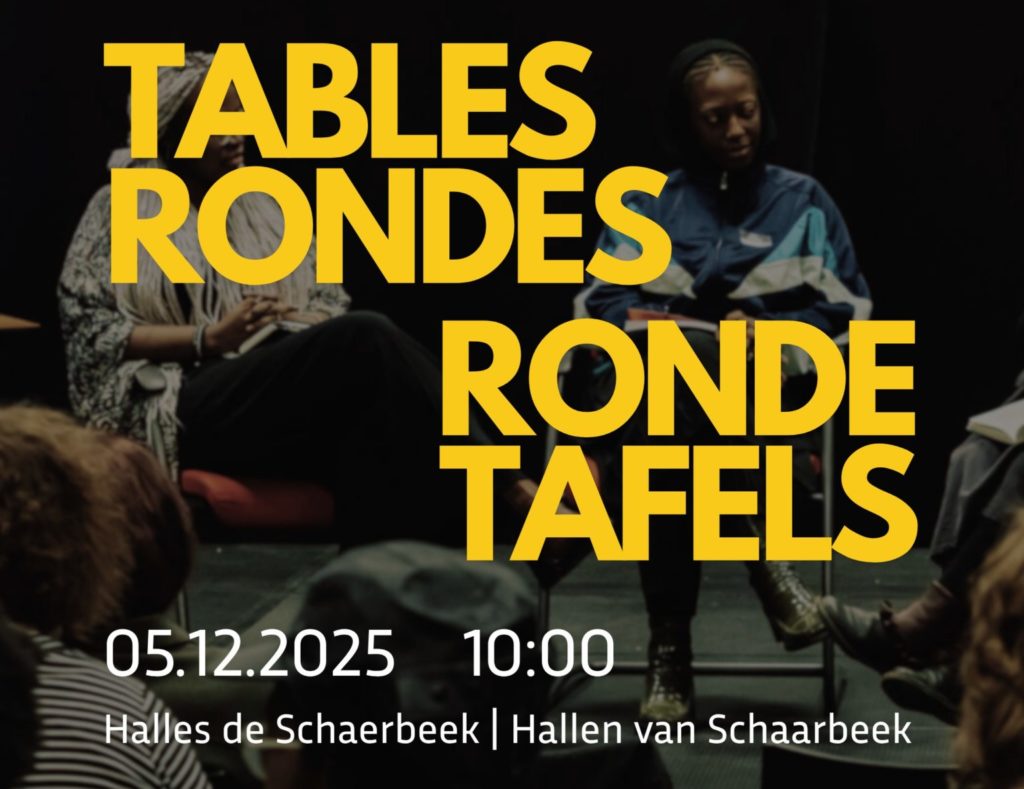As an organisation striving for sustainable human development, Africalia is committed to gender equity. We promote equitable gender participation and representation in our programmes, paying particular attention to the involvement and capacity building of female cultural actors.
Indeed, Africalia works with many inspiring female figures who are breaking gender barriers in the cultural sector. In March, we launched a communications campaign highlighting eight *women or non-binary persons who contribute to our mission. Discover how they are committed to the growth of the sector!
Ken Aïcha Sy (Senegal)
Ken Aïcha Sy is the new manager of the Galerie Le Manège in Dakar. Founder of Wakh’Art, she works to promote arts and culture in Senegal by encouraging exchanges between local and international artists. She delivers the digital cultural communication module in Africalia’s programmes.
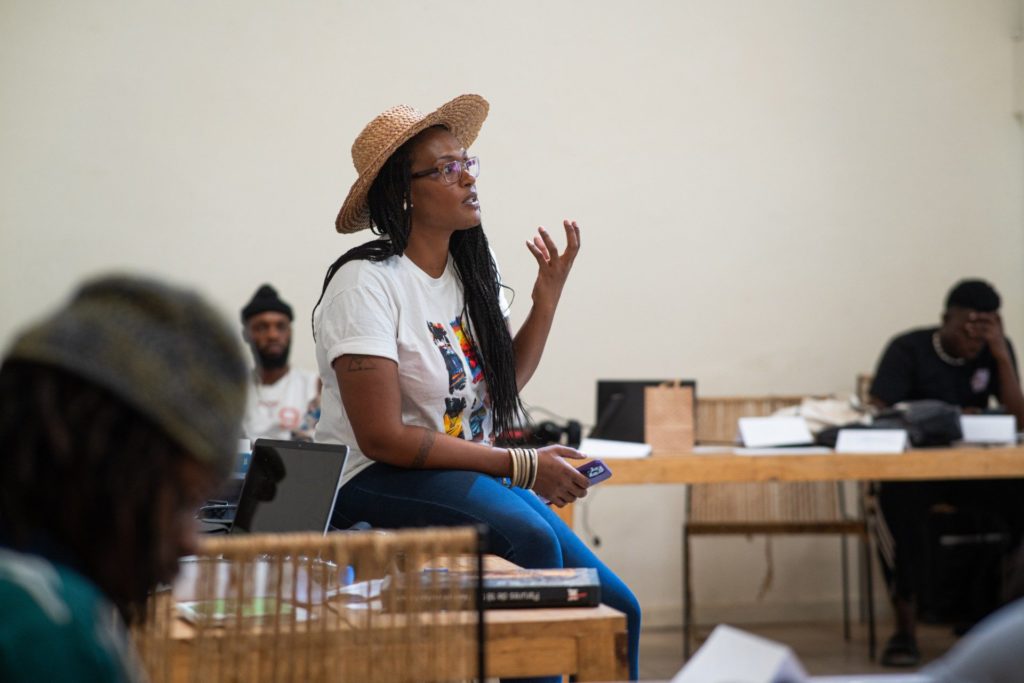
“With a particular sensitivity and a deep passion for art, I offer my expertise to support ICCs in their structuring and development. As a woman, I am committed to promoting inclusive and collaborative approaches, by creating spaces for expression and exchange that reflect the diversity and richness of artistic voices.”
©Khalifa Hussein
Céline Kayogera (Belgium)
The embodiment of creative and entrepreneurial force, Céline Kayogera founded CLNK and orchestrates a multitude of projects in the domain of podcasts (Réelle Vie, Pull Up · Une histoire du rap belge, Richesses Générationnelles), events (RAP [BOOK] CLUB) and, above all, training courses (URBAN360). In 2022, she was a laureate of Africalia’s call for projects on the theme of "Transmission as heritage".
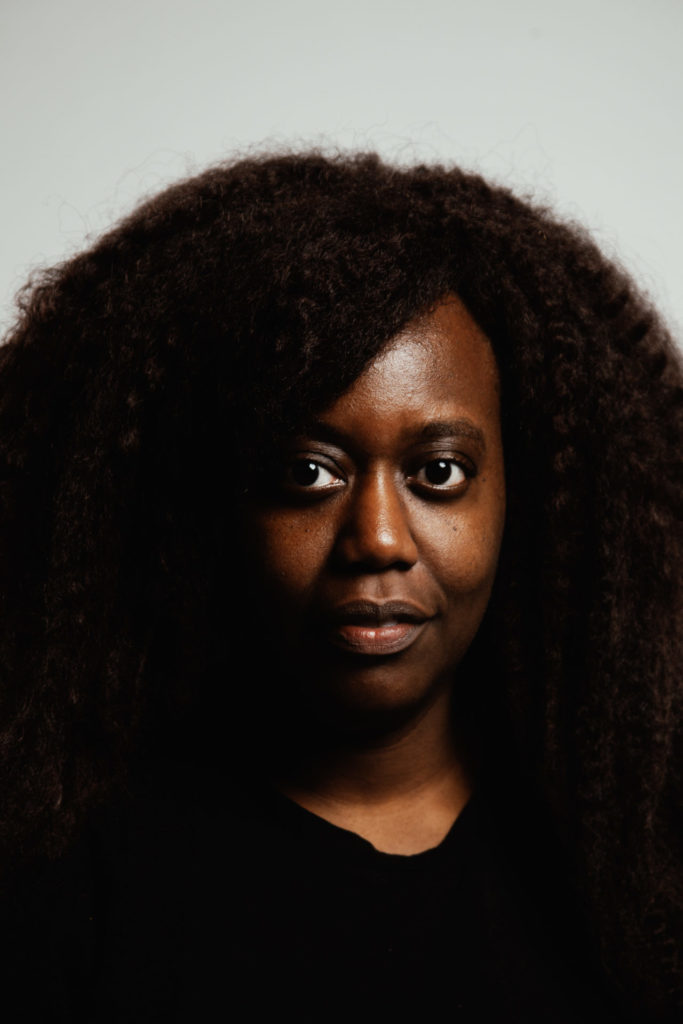
“As a woman of colour, my contribution to the growth of the cultural sector is mainly focused on two complementary areas: actively participating in the professionalisation of the music sector by designing and facilitating training courses for emerging artists, and contributing to the promotion of collective memory and intergenerational knowledge. These two approaches are united by a common desire: strengthening the cultural landscape by supporting both today’s creators and those who have paved the way before them.”
©Romain Garcin
Thayù (Kenya)
Thayù is a visionary social impact storyteller who fosters inclusive communities, both physical and virtual, through film, technology, digital art, books, and any other available tool. Their work reimagines creative spaces where diverse identities are celebrated. They are committed to making the world a better place through their organisation Creatives Garage, partner of Africalia, which empowers creatives to pursue their dream. Africalia recently met with Thayù in Nairobi and saw their creative genius come to life through a performance of ‘Blooms in the Dark’.
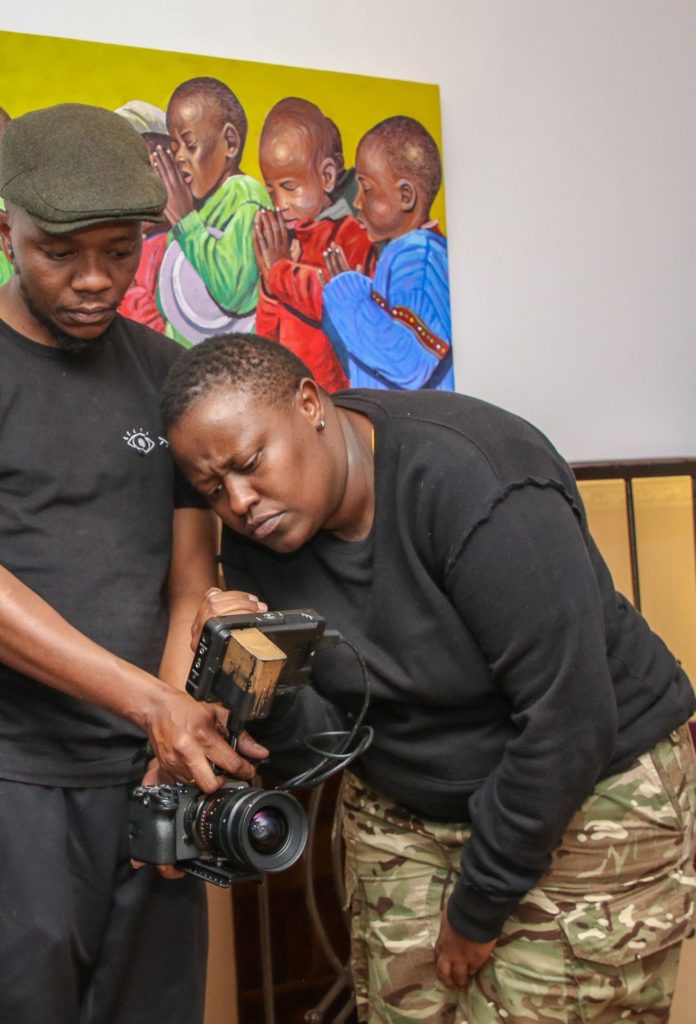
“As a non-binary creative, I challenge conventional storytelling by embracing fluidity in narratives, perspectives, and artistic expression. My work actively fosters inclusivity, amplifies marginalized voices, and reimagines creative spaces where diverse identities are celebrated and empowered. Ultimately, my contributions to the cultural sector are about breaking molds, creating alternative spaces, and ensuring that art is not just an exclusive commodity but an evolving, inclusive force for change.”
Ouafa Belgacem (Tunisia)
Ouafa Belgacem is expert and trainer in resource mobilisation for the cultural and creative industries; matchmaker and bridge builder between creatives and artists and their investors and supporters. CEO and co-founder of Culture Funding Watch, she provides the training courses on financing strategies in Africalia’s programmes.
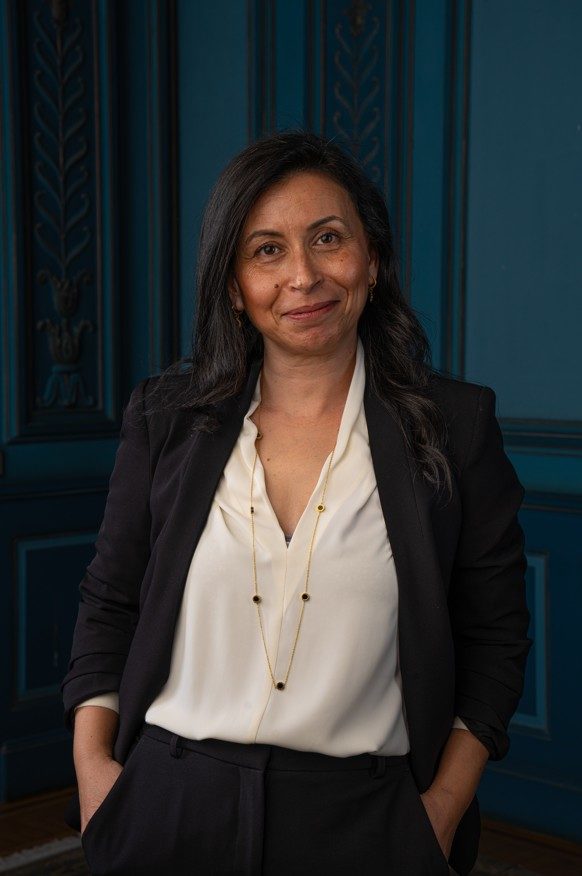
“I have a feminist view of the concept of growth, favouring an economic model focused on impact rather than on raising funds or financial volume.”
Véronique Clette-Gakuba (Belgium)
Véronique Clette-Gakuba is researcher in sociology at ULB, where she teaches the course ‘Arts visuels de l’Afrique et de ses diasporas’, and at UMONS. Her research focuses on colonial continuities and negrophobia in Belgium and on black resistance through research, artistic creation and political engagement. She is the coordinator of the Belgium commission within Africalia’s General Assembly. Her contribution to the ‘Work In Progress’ training cycle in 2024 has been included in the guide published by RABKO and Africalia.
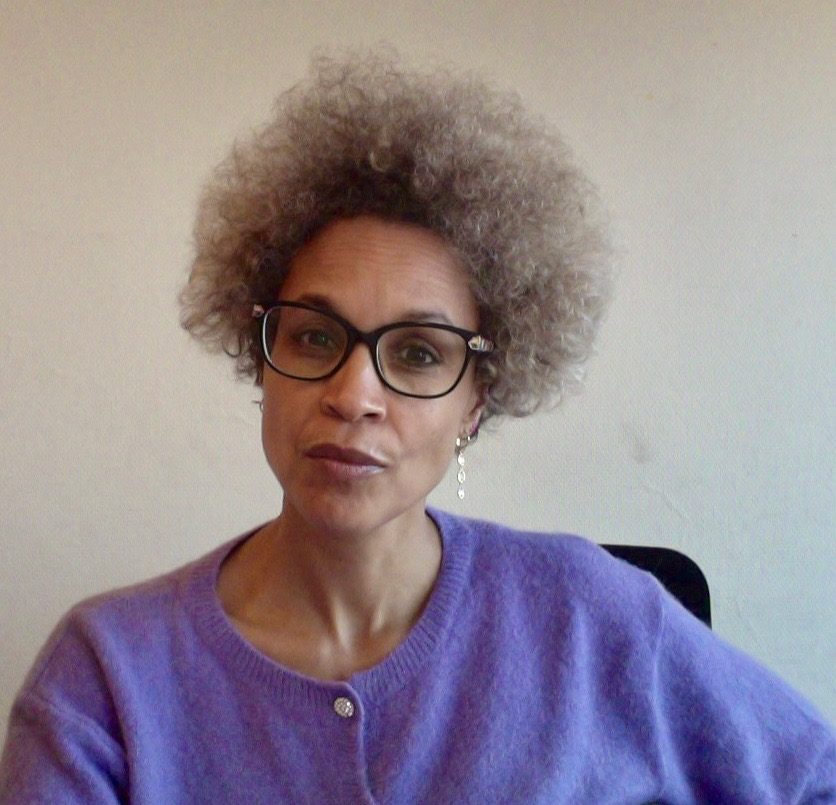
“As an Afro-descendant woman, I wish to bring a perspective to the cultural sector that recognises how African artists’ works translate an African historicity, meaning how they express, reveal and make us feel the filiation of the contemporary problems we are dealing with as Africans in the world. This perspective is rooted in the desire to free ourselves from the concepts of time and progress as imposed by the West.”
Carine Kanderi (Burundi)
Inspired by the richness of Burundian and African culture, Carine Kanderi transforms traditions and craftmanship into eco-friendly educational toys and games through her enterprise Kanderis Products and Services. She was a beneficiary of the project to support the cultural sector in Burundi PASACC-BU, financed by the EU in Burundi and implemented by Africalia.
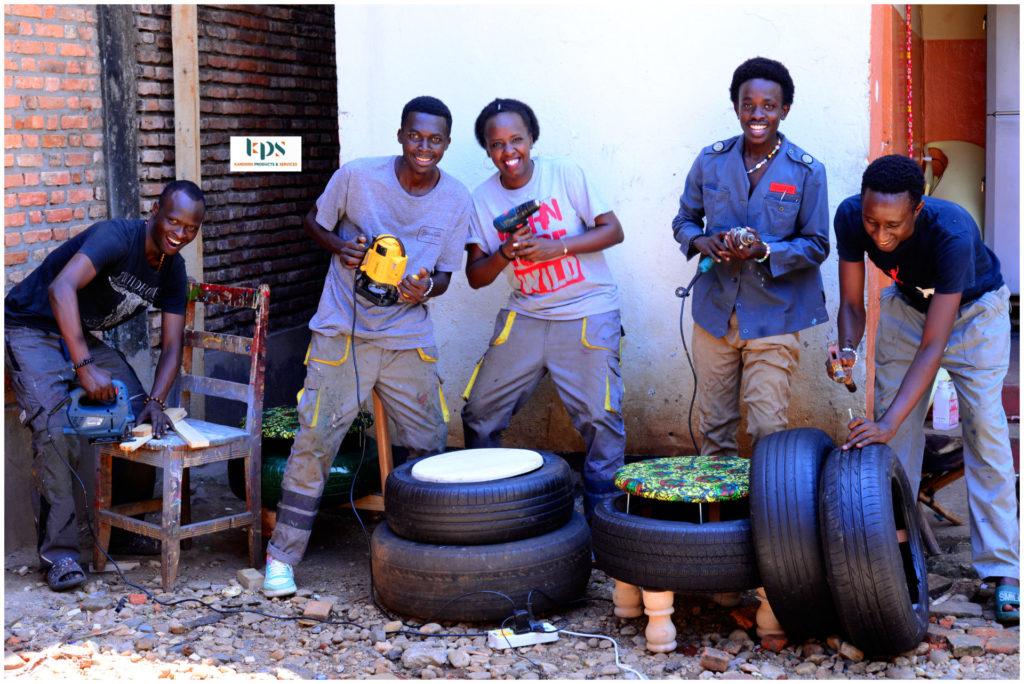
“I prioritise innovation and the promotion of heritage by incorporating traditional Burundian and African know-how into modern and attractive products. As a female entrepreneur, I bring an inclusive and sustainable vision, promoting the empowerment of local artisans, especially women, and encouraging environmentally friendly practices. My commitment is reflected in an educational and intergenerational approach. By inspiring younger generations to embrace and reinvent their heritage, I actively contribute to a dynamic and sustainable cultural sector.”
©Kanderis Products and Services
Lucy Ilado (Kenya)
Lucy Ilado is an arts journalist and founder of Art Grooves Africa, working at the intersection of arts, culture, and development with a focus on research, policy advocacy, and strategic programming. As Senior Program and Strategy Lead at Ethio-Arkwood in Ethiopia, she specialises in audiovisual infrastructure development, market access, and advocacy. Africalia calls on her expertise in cultural policy and project selection, most recently for our call for cultural projects in Nairobi.
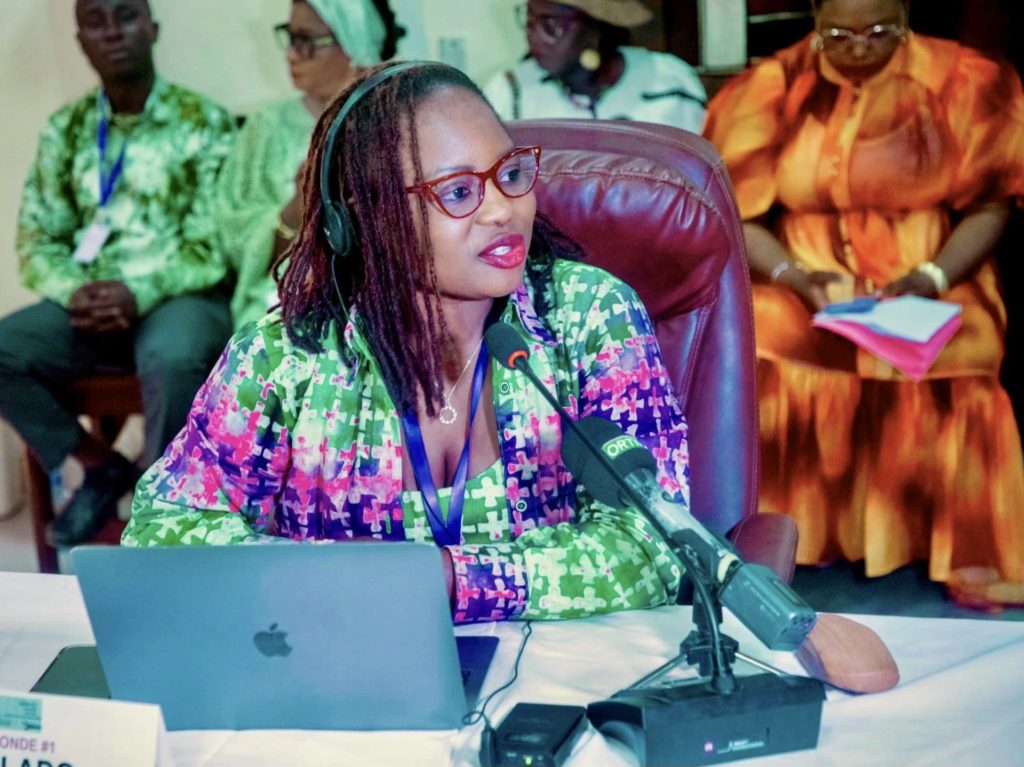
“The cultural sector still struggles with deep gender gaps, leaving women underrepresented in leadership, funding, and decision-making roles. Despite their immense contributions, women still lack visibility, resources, and fair pay, while policies often fall short in addressing these issues. As someone with a voice in this space, I’m committed to advocating for gender-inclusive policies, facilitating for more women’s representation in industry dialogues, and actively collaborating with women in my projects. This means giving them visibility, growth opportunities, and a platform to share their stories.”
©SégouArt Festival 2025
Sarah Bekambo (Belgium)
Sarah Bekambo (Belgium) is a multifaceted entrepreneur. She is notably a "Spoken Word" programmer at VIERNULVIER , a coordinator at Afrika Filmfestival – two partner organizations of Africalia – and a transdisciplinary physical poetry artist. As a "network architect," she builds bridges between different fabrics, knocks on doors, and (sometimes, lightly) steps on toes.
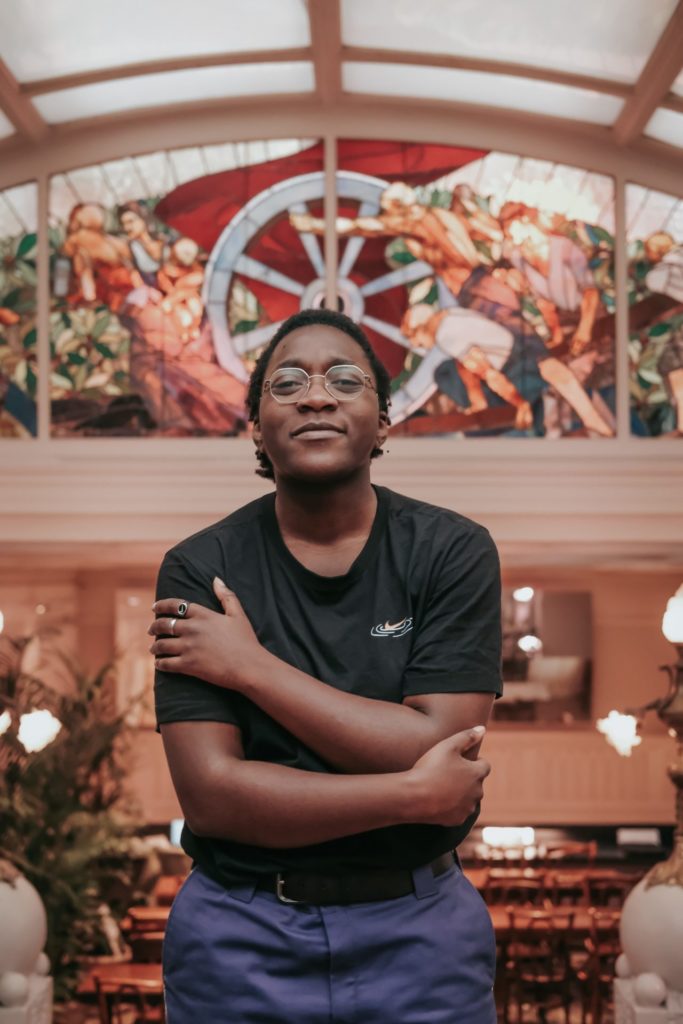
“I started organizing cultural events myself because my close circle of artists was creating work that was considered 'marginal' by institutions. At the time, it wasn't yet part of the diversity and inclusion discourse. So we created the scenes and events we always wanted to be part of. That's why I will always recognize the importance of new voices. Everyone deserves the opportunity to try.”
©Jantien Vermeiren

